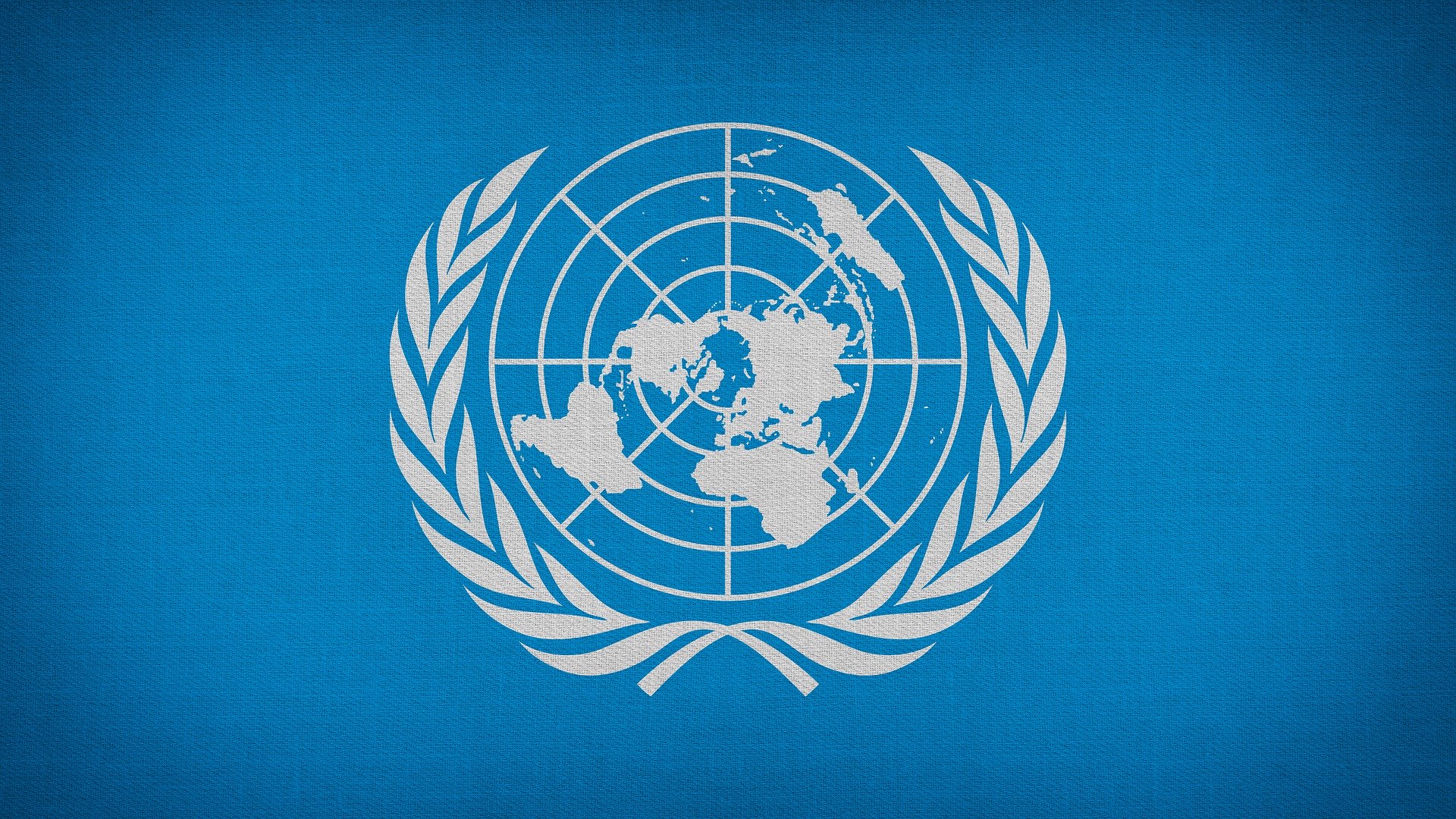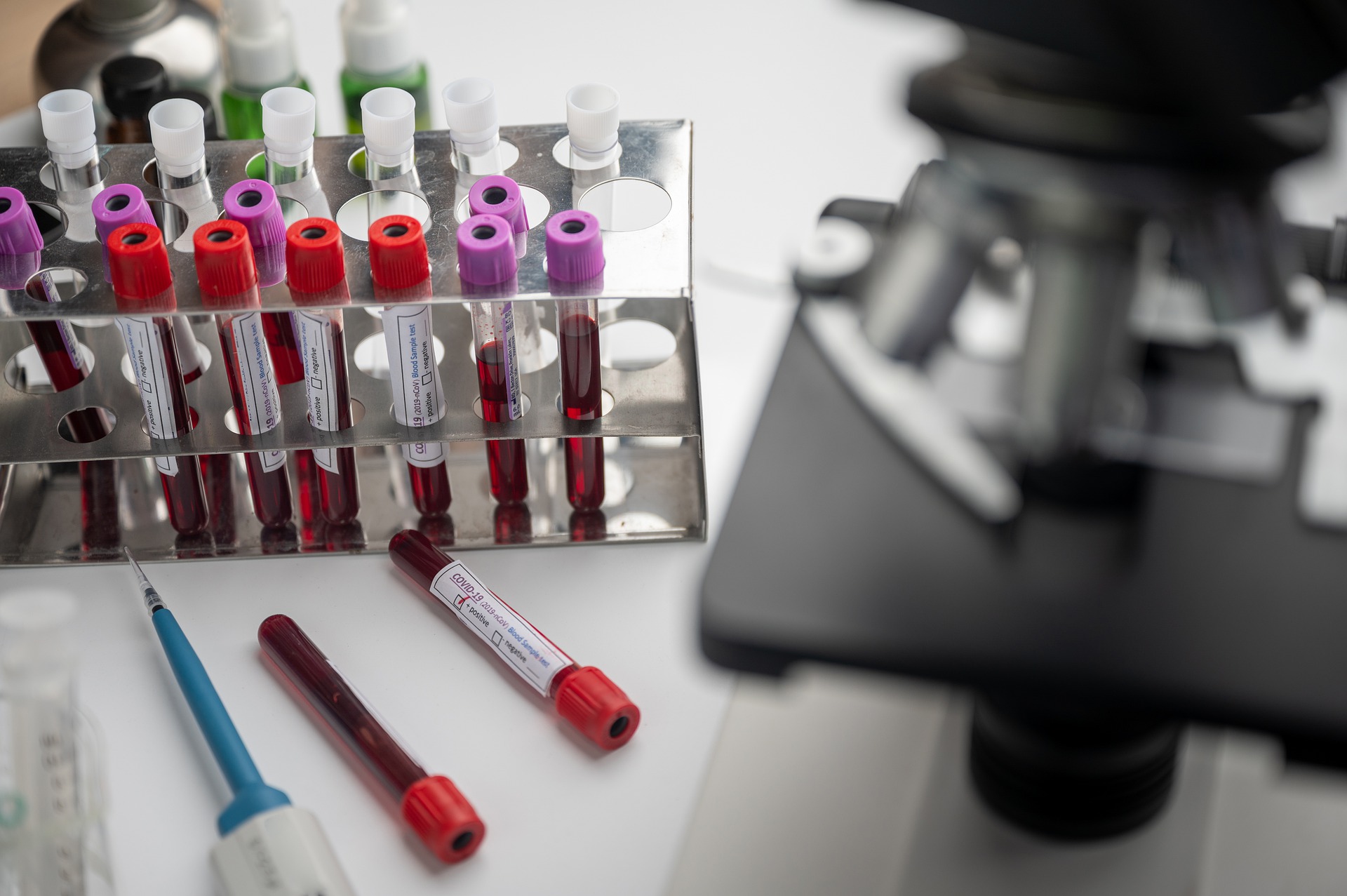
Director-General of the World Health Organization
World Health Organisation (WHO) Director-General Tedros Adhanom Ghebreyesus speaking at a news briefing in Geneva said, “No disease in history has seen such rapid development in research. The world’s ambition to develop these tools as fast as possible must be matched by its ambition to ensure as many people as possible have access to them. The ACT Accelerator will not be able to deliver on its goals without a significant increase in funding; it still faces a funding gap of 35 billion US dollars.”
Media briefing on #COVID19 with @DrTedros https://t.co/1PdgDq7c3Z
— World Health Organization (WHO) (@WHO) September 10, 2020
An ACT Accelerator high-level event at the United Nations General Assembly will take place on 30 September. Since the beginning of the pandemic, accelerating the development of and equitable access to vaccines, diagnostics and therapeutics for Covid-19 has been a priority for WHO.
Equitable global access to tests, treatments and vaccines is key to ending #COVID19 fairly, effectively and efficiently.
Because if one of us is at risk, we are all at risk.
We are only safe when everybody is safe.https://t.co/rihWnivQ0V
— World Health Organization (WHO) (@WHO) September 10, 2020
His statement comes as more daily recoveries from the novel coronavirus have improved consistently in terms of absolute numbers even as new cases are rising in an unstoppable fashion in India. Single-day spike of 95,735 new Covid-19 cases & 1,172 deaths reported in India, on Thursday. The total case tally stands at 44, 65,864 including 919018 active cases, 3471784 cured/discharged/migrated & 75062 deaths.
‘Already, we have made remarkable progress. In January, within two weeks of the first cases being reported to WHO, we published the first protocol for PCR testing for the new coronavirus. Since then, millions of tests have been produced, and already rapid tests are now starting to be used. In February, WHO brought together hundreds of scientists and researchers to identify research priorities. In March, we launched the Solidarity Trial, to find answers fast about which therapeutics are the most effective’; Tedros told a news briefing in Geneva.
The Access to #COVID19 Tools (ACT) Accelerator has 🔢 areas of work:
1⃣ diagnostics
2⃣ therapeutics
3⃣ vaccines
4⃣ health systems pic.twitter.com/uNjhSLZMO9— World Health Organization (WHO) (@WHO) September 10, 2020
‘One therapeutic – dexamethasone – has already been proven effective for patients with the severe and critical disease, and around 180 vaccines are now in development, including 35 that are in human trials. No disease in history has seen such rapid development in research. Ambition is to develop these tools as fast as possible and it must be matched by its ambition to ensure as many people as possible have access to them’, he added.
Over 170 countries are engaged in the new #COVID19 Vaccine Facility and 10 candidate vaccines are under evaluation – 9 of them in clinical trials, giving the largest and most diverse COVID-19 vaccine portfolio in the world.
👉 https://t.co/fXHNTOKmNp pic.twitter.com/Hrm84ewuUF
— World Health Organization (WHO) (@WHO) September 10, 2020
“The ACT Accelerator still faces a funding gap of 35 billion US dollars and it will not be able to deliver on its goals without a significant increase in funding”, he said, calling for the rapid scaling up of the clinical trials as well as the manufacturing, licensing and regulation capacity.
“WHO launched the Access to Covid-19 Tools Accelerator, to catalyse the development of and equitable access to vaccines, diagnostics and therapeutics. The 2.7 billion US dollars it has received to date has been generous and has enabled the robust start-up phase. But this is less than 10 percent of the overall needs”, he added.
A total of USD35 billion is still needed for the Access to #COVID19 Tools (ACT) Accelerator to produce
💉2 billion vaccine doses
💊245 million treatments
🧫 500 million tests👉 https://t.co/fXHNTOsLVR pic.twitter.com/bylBCX1RLR
— World Health Organization (WHO) (@WHO) September 10, 2020
“Between now and the end of the year we have a limited window of opportunity to scale-up the ACT Accelerator and fully enable the equitable allocation framework”, Tedros said, adding that the world’s ambition to develop these tools as fast as possible











